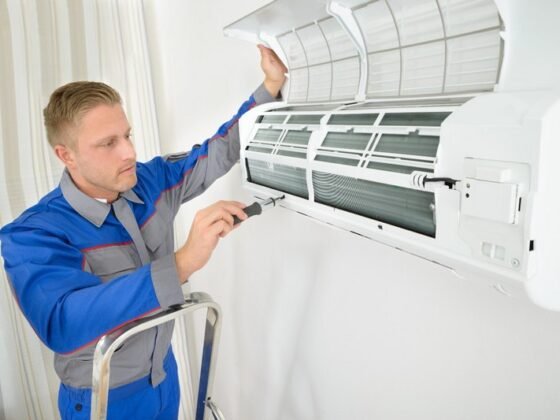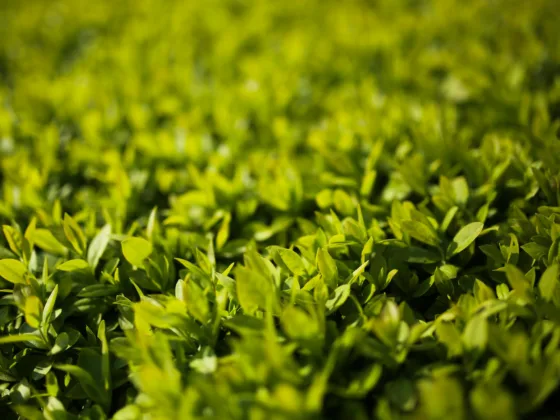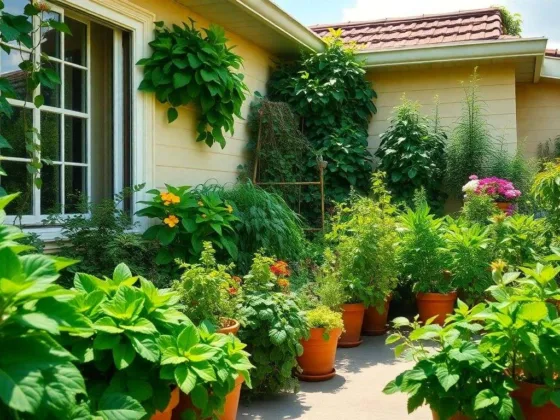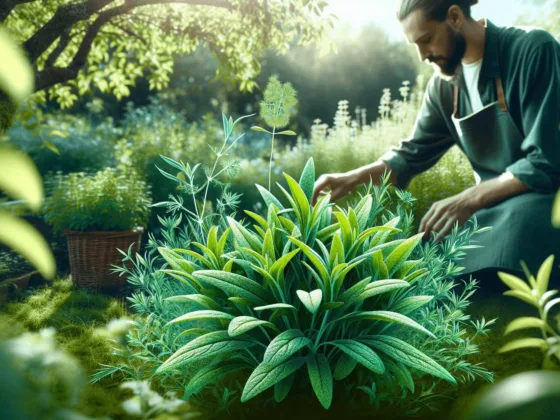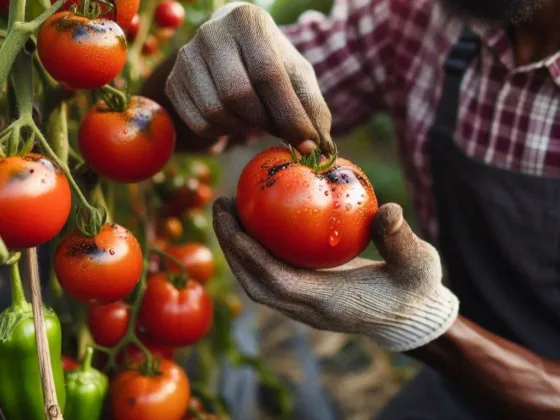Table of Contents Show
Did you know that the world’s largest pumpkin is heavier than a small car? While you’re probably not aiming to grow your vegetables that large, garden fertilizer is the key to getting your vegetables to grow.
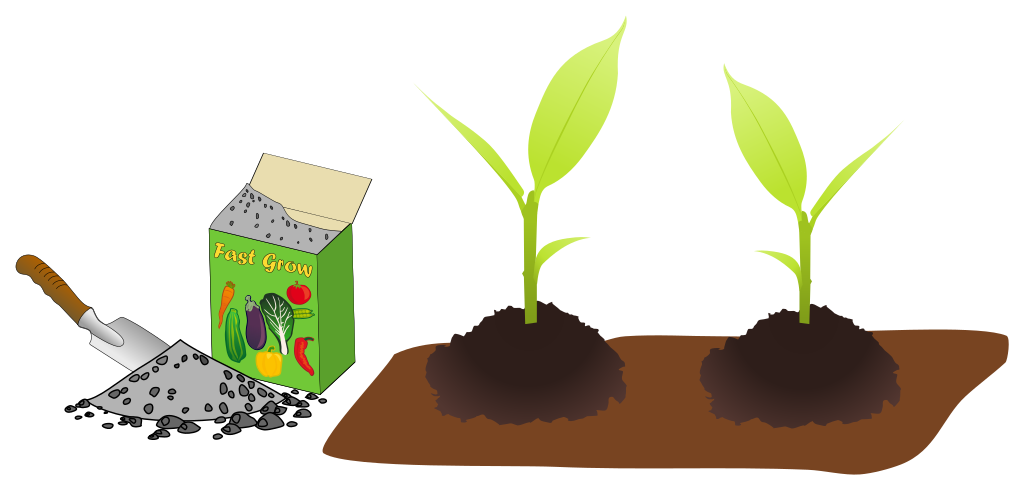
Fertilizer gives your plants a hefty dose of nutrients so that they can grow big and strong. You don’t want to throw any old fertilizer into your garden beds. There are a few key qualities to look for when choosing one for your vegetable garden.
We go over what to look for to get your garden growing in this helpful guide.
Forms of Garden Fertilizer
All vegetable garden fertilizer isn’t created the same. There are several different forms you can choose from depending on your garden type.
Granular Fertilizer
Granular fertilizer comes in a small pellet form. You use this fertilizer by spreading it around the plant’s base. Rain will gradually release the fertilizer into the plants.
This form of fertilizer is easy to use. Once you spread it around, you can let it be for a while.
One drawback to granular fertilizer is that it is hard to measure an exact amount. You can easily add too much or too little because of its less than precise application.
Liquid Fertilizer
If you have a large garden, liquid fertilizer is the kind you should use. You can get this type of fertilizer in bulk and dilute it as needed. Keep in mind, that you’ll need to spread liquid fertilizer more often than other forms.
Fertilizer Spikes
The ultimate in set it and forget it fertilizer comes in a spike form. This type of fertilizer is pre-measured and goes directly into the garden bed. This is a perfect fertilizer option for container gardens.
Read Also:
Qualities in the Best Garden Fertilizers
With so many types of fertilizers on the market, choosing the best can feel overwhelming. There are a few attributes to look for when it comes to the best fertilizer for your garden.
Fertilizer Release Time
This fertilizer gives an initial nutrient boost when it is first given to the plants. A slower secondary release follows to keep the plants healthy for an extended period.
Application
You shouldn’t need any complex sprayers or devices to spread your fertilizer. Many vegetable garden fertilizer types are spread by hand or a garden hose.
Benefit of Mulching
You can use your lawn mulch to help fertilize your garden! This biodegradable mulch can keep weeds at bay and help give your fertilizer some extra help.
Organic vs. Chemical
Vegetable garden fertilizer comes in both organic and chemical forms. Although chemical fertilizers will give you faster results, they can damage your garden. The best garden fertilizer is made from natural ingredients that can improve the soil.
Garden Fertilizer is the Key to Great Vegetables
Choosing a garden fertilizer will be easy when you keep these tips in mind. Before you know it, you’ll have a bountiful harvest of vegetables to enjoy from your thriving garden.
Your garden isn’t the only thing we can help you with around the house. Check out our other home improvement blogs today!
